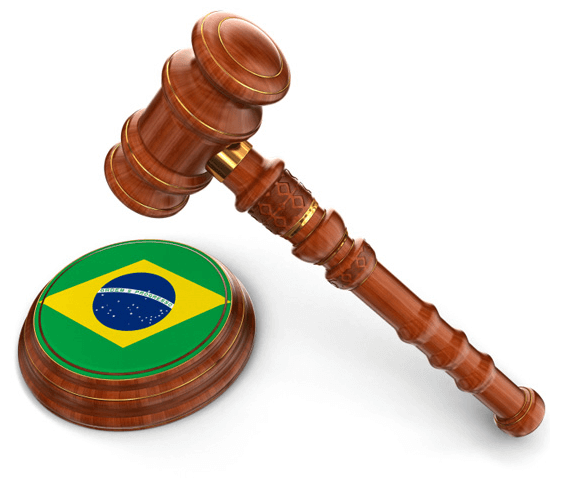Corruption and the Rule of Law: How Brazil Strengthened Its Legal System
< < Go Back
by Geanluca Lorenzon,
Brazil is in the midst of one of the biggest corruption scandals in history. In the last three years, hundreds of businesspeople and politicians — including former president Luiz Inácio “Lula” da Silva — have been investigated and prosecuted for taking part in a massive bribery scheme involving state-owned companies. Although graft and influence peddling are not a new phenomenon in Brazil, bringing powerful individuals to justice certainly is.
Several reforms explain this transition to a more robust legal system. These include the introduction of plea bargaining in organized crime investigations; the creation of two public institutions to oversee the judiciary and the Public Ministry (the country’s top prosecutorial body), respectively; a competitive selection process based on merit for prosecutors and judges; and greater autonomy for the Federal Public Ministry and the Federal Police. A merit-based selection system for judicial appointments introduced in the 1988 constitution and greater access to public office by individuals with no previous political connections have also played a significant role in strengthening the country’s judicial institutions.
Brazil’s judiciary still has palpable problems, particularly its excessive cost and a bloated workload. In addition, judges enjoy certain prerogatives that are frequently abused. However, despite these shortcomings, the effectiveness of the judicial system has improved enormously since the 1990s, especially in fighting corruption.
Brazil’s recent experience holds lessons for other countries, especially in Latin America, where corruption, abuse of power, and impunity have been endemic features of public life.
More From CATO Institute:




